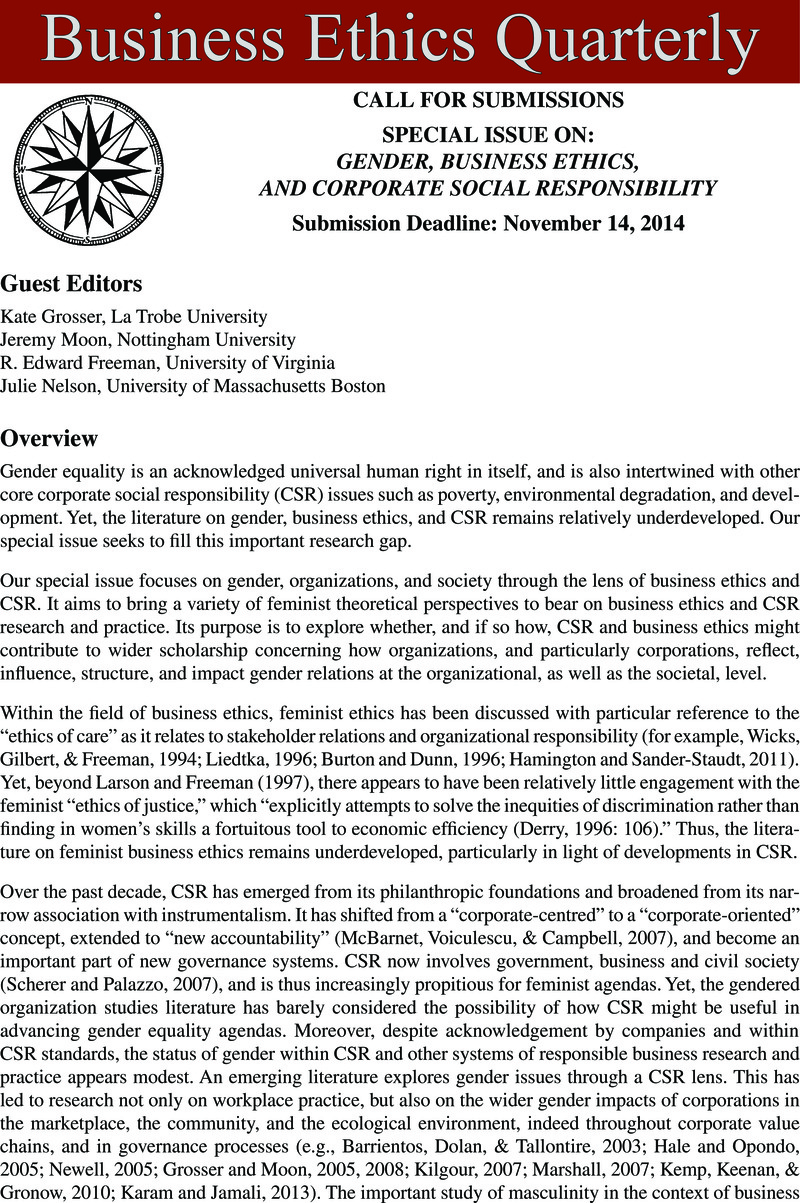Crossref Citations
This article has been cited by the following publications. This list is generated based on data provided by Crossref.
Guerra, Alice
and
Turrini, Enya
2025.
Social norms on unethical behaviors in the workplace: a lab experiment.
International Review of Economics,
Vol. 72,
Issue. 1,



